Filter by
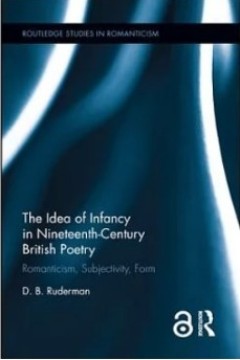
The Idea of Infancy in Nineteenth-Century British Poetry : Romanticism, Subje…
This book radically refigures the conceptual and formal significance of childhood in nineteenth-century English poetry. By theorizing infancy as a poetics as well as a space of continual beginning, Ruderman shows how it allowed poets access to inchoate, uncanny, and mutable forms of subjectivity and art. While recent historicist studies have documented the "freshness of experience" childhood co…
- Edition
- -
- ISBN/ISSN
- 9781317276487
- Collation
- 288 halaman
- Series Title
- -
- Call Number
- 800 RUD i
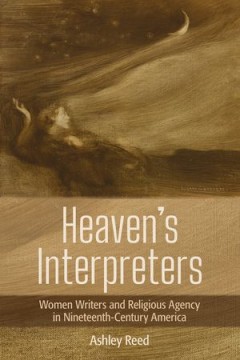
Heaven's Interpreters : Women Writers and Religious Agency in Nineteenth-Cent…
In Heaven's Interpreters, Ashley Reed reveals how nineteenth-century American women writers transformed the public sphere by using the imaginative power of fiction to craft new models of religious identity and agency. Women writers of the antebellum period, Reed contends, embraced theological concepts to gain access to the literary sphere, challenging the notion that theological discourse was e…
- Edition
- -
- ISBN/ISSN
- 9781501751387
- Collation
- -
- Series Title
- -
- Call Number
- 800 REE h
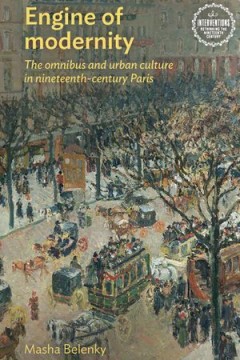
Engine of modernity : The omnibus and urban culture in nineteenth-century Paris
"Engine of Modernity: The Omnibus and Urban Culture in Nineteenth-Century Paris" examines the connection between public transportation and popular culture in nineteenth-century Paris through a focus on the omnibus - a horse-drawn vehicle for mass urban transport which enabled contact across lines of class and gender. A major advancement in urban locomotion, the omnibus generated innovations in …
- Edition
- -
- ISBN/ISSN
- 9781526138590
- Collation
- 200 halaman
- Series Title
- Interventions: Rethinking the Nineteenth Century
- Call Number
- 306 BEL e
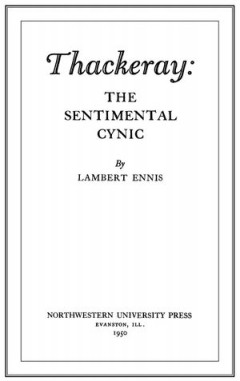
Thackeray: The Sentimental Cynic
Thackeray: The Sentimental Cynic chronicles British novelist William Thackeray’s ambivalent attitudes toward society and traces his conduct during the major crises of his life in terms of those attitudes. Lambert Ennis examines the emotional tensions in Thackeray’s life and the impact they had in his work. In so doing, he illustrates key themes in Victorian studies more broadly: the questio…
- Edition
- -
- ISBN/ISSN
- 9780810138377
- Collation
- -
- Series Title
- -
- Call Number
- -
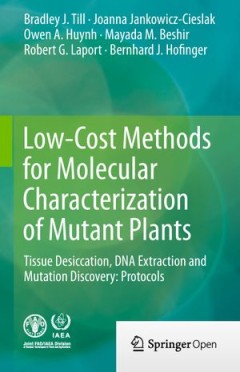
Shelley and Synesthesia
Glenn O’Malley’s Shelley and Synesthesia examines a little-known aspect of Percy Shelley’s poetry, offering a history of synesthesia and engaging in close readings of Shelley’s poetry, focusing primarily on his longer works. O’Malley explores the internal structure of Shelley’s poems to concentrate on patterns of imagery and symbolism, bringing attention to Shelley’s resourcefulne…
- Edition
- -
- ISBN/ISSN
- 9780810138636
- Collation
- -
- Series Title
- -
- Call Number
- -
 Computer Science, Information & General Works
Computer Science, Information & General Works  Philosophy & Psychology
Philosophy & Psychology  Religion
Religion  Social Sciences
Social Sciences  Language
Language  Pure Science
Pure Science  Applied Sciences
Applied Sciences  Art & Recreation
Art & Recreation  Literature
Literature  History & Geography
History & Geography